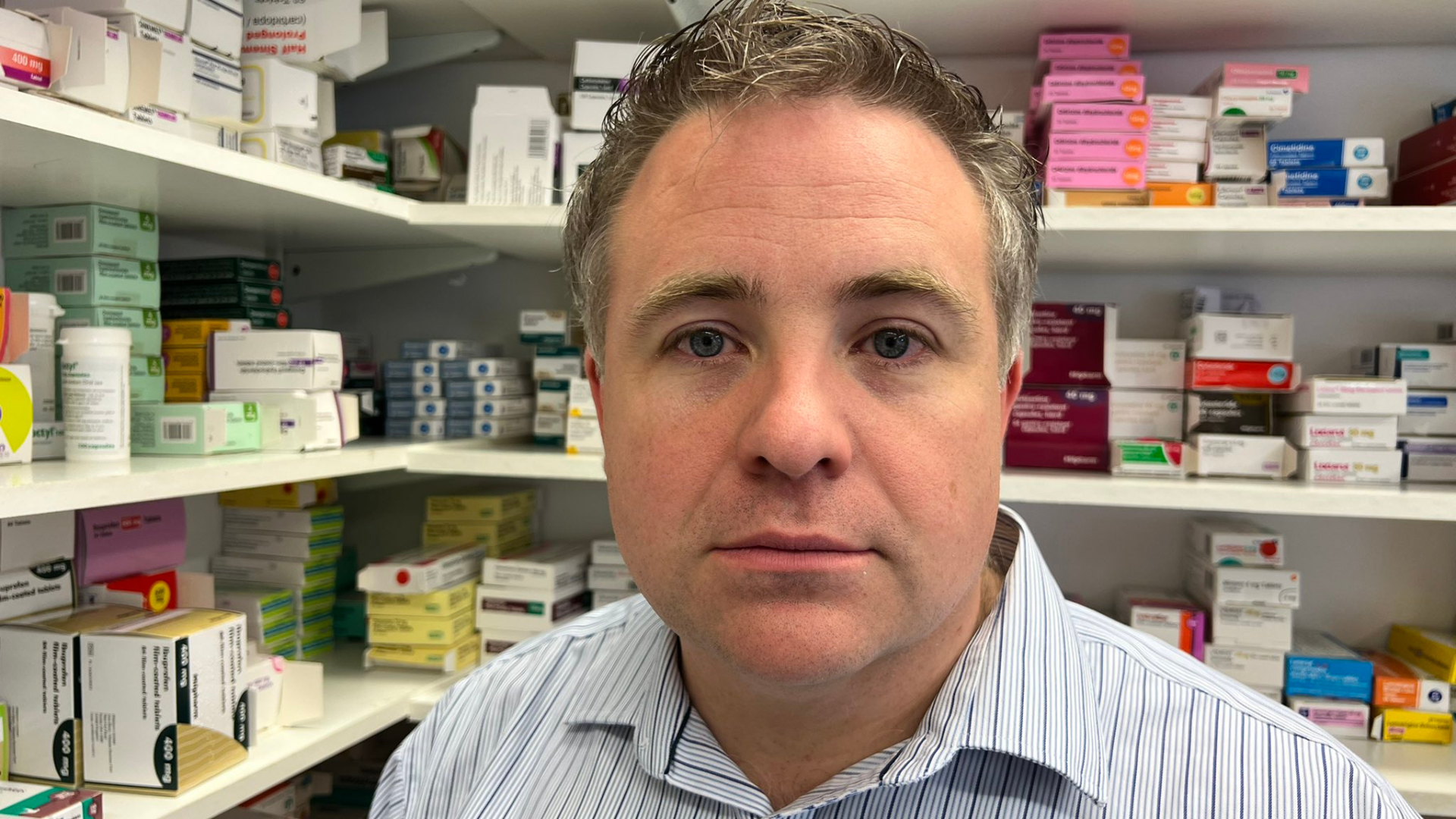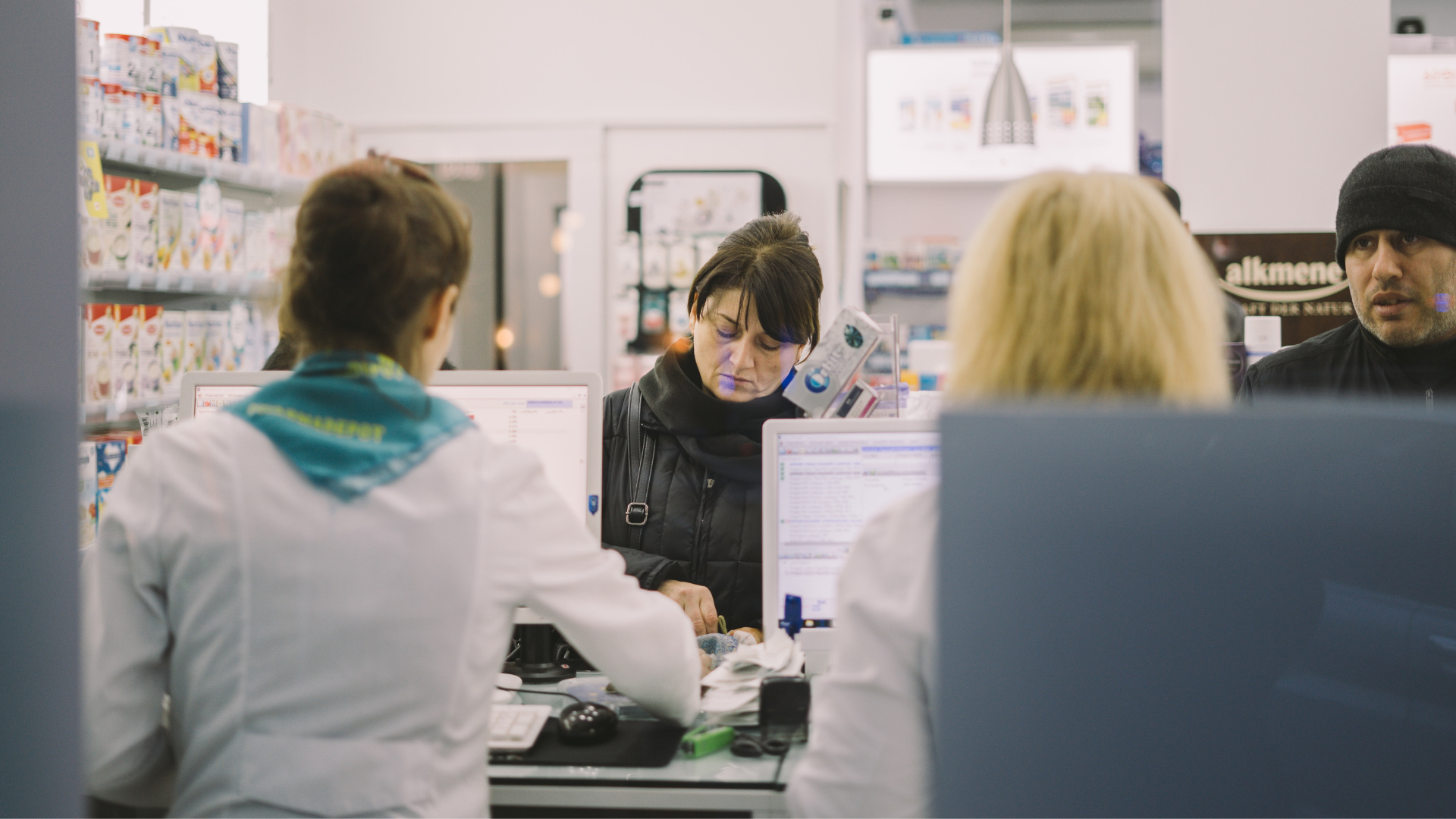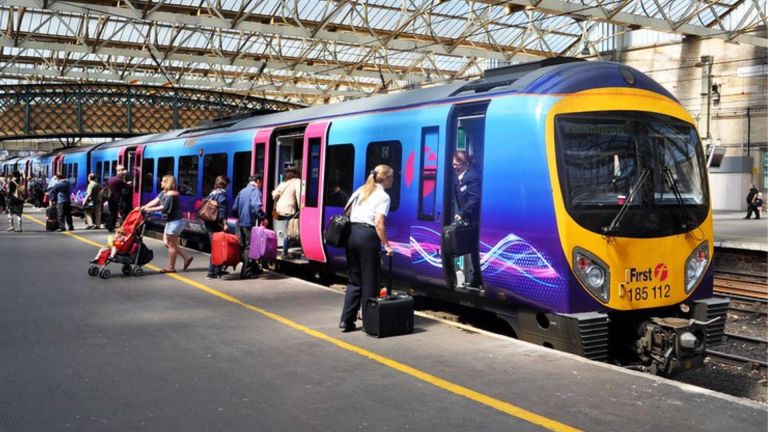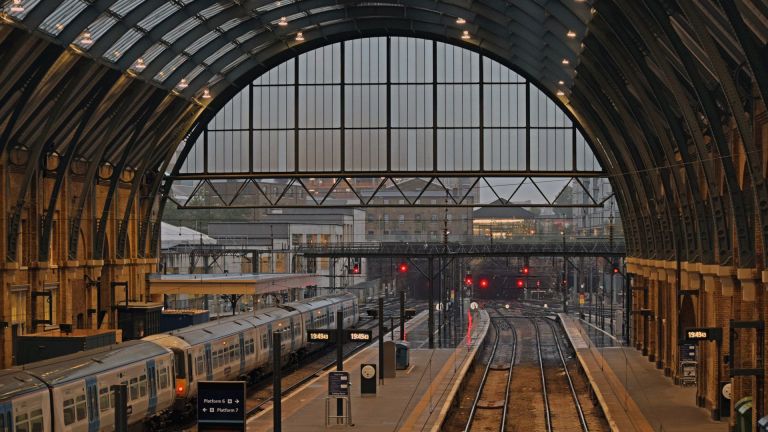Over 80,000 people have since signed the petition, including around 75,000 in the last few days alone. Pharmacy bodies including the Royal Pharmaceutical Society and the Pharmaceutical Services Negotiating Committee (PSNC) have now got behind it too, with the latter’s CEO Janet Morrison calling on the government to take the issue more seriously, as abuse grows in “frequency and severity”.
There’s a multitude of existing and emerging issues driving this abuse. Recent PSNC data shows that three quarters of pharmacists have witnessed patients get aggressive when they’re unable to get their prescribed medication, such as when the order hasn’t arrived yet or when medicine is out of stock.
“We’re finding that we’re being stretched quite thinly, and as a result, people are often taking frustrations out on us that they might have with other parts of the system,” Hewitson says. “There’s loads of problems with the supply chain at the moment in terms of sourcing medicines. So again, pharmacists tend to get the blame.”
Chaos surrounding a shortage of lateral flow tests saw abuse rise in January, according to the Pharmacists Defence Association (PDA), an independent union for pharmacists. Anti-vax sentiment fanned the flames too. The closure of pharmacies in recent years — 639 since 2016, according to the PSNC — could also be sparking anger among patients. Meanwhile, the number of qualified pharmacists willing to work under the conditions that community pharmacists endure is dwindling, so much so that the government has listed the profession on its shortage occupation list.
“There’s a community pharmacist shortage at the minute to the point where some pharmacies are actually closing their doors because they can’t find a pharmacist to work,” Hewitson says. When patients can’t get their prescription at the first pharmacy, they arrive angry at the second. “It quickly becomes a snowball effect.”
Then there’s the cost of living crisis. “I think there’s definitely some issues around cost which are causing problems,” Hewitson says.
Despite the price of prescriptions being frozen this year, having to fork out £9.35 for medicine can still feel impossible for those on lower incomes, while not all patients are aware whether they’re eligible for free prescriptions. As people despair over soaring costs, the people taking prescription payments may increasingly find themselves in the firing line — much like shop workers have. Earlier this week, London mayor Sadiq Khan warned that rising costs could pave the way for an increase in violent crime.
Paul Day, the director of the PDA union, believes one reason behind the abuse is a fundamental “misunderstanding of what a pharmacy is”.
“When you’re going to a pharmacy, the pharmacist is looking at your prescriptions, and your medicines, and making sure that they’re not going to kill you. So it takes longer,” he says.
“In community pharmacies, people have an expectation that it’s just a retail transaction, that it should be as quick and easy.” When it isn’t, they lose patience.
The PDA’s staff survey shows that eight in 10 pharmacists felt unsafe at work, even before issues surrounding Covid tests and anti-vax propaganda. However, Day stresses that while government funding to enhance security is important, pharmacy owners and employers also have a duty to protect employees, regardless of funding.
“There is a particular and accurate view that the English NHS doesn’t fund [pharmacies] well enough. That is true, but that’s not an excuse, and they should still make sure their staff are safe at work.”
A zero tolerance approach against abuse of workers is essential, Day says, but is not always being upheld. This week, he was contacted by a pharmacist who had a phone thrown at them by a patient. Instead of kicking them out, the manager came over and apologised for the patient’s frustrations.
“Yes, the government should be making sure that all parts of the NHS are safe. But individually, employers also have a duty,” Day says. “If you don’t have zero tolerance, that means you do tolerate violence towards your staff. And that is unacceptable.”
Hewitson hopes the petition will spur the government “to treat us with a bit more equity when it comes to policy interventions”, and lead to NHS England taking the issue more seriously.
“We get completely forgotten about when it comes to NHS overall responsibilities, in terms of protecting people who are trying to provide NHS services,” he says.
When contacted for comment, NHS England referred to public information on its violence prevention programme and its commitment to reducing abuse against NHS staff.
Hewitson also hopes the petition will open the public’s eyes to the abuse pharmacists are facing.
“What we want to do is to make sure that people appreciate that we are part of the NHS family, and that we’re trying our best to often paper over the cracks elsewhere in the system,” he says.
“We are absolutely the front door of the NHS. We know the NHS is creaking at the moment, and we’re taking a lot of that slack.”
The Department of Health and Social Care has been approached for comment.










